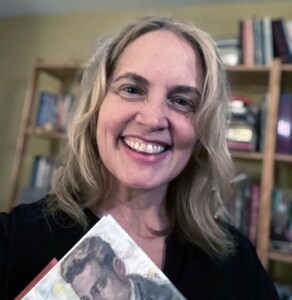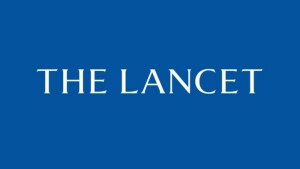The mission of Erika Nelson
 Narrative medicine, which encourages patients and families to share stories about their experience with illness or death, may seem like an unlikely path for someone whose career has focused mostly on German language and literature. Erika Nelson, associate professor of German Studies, came to the field from her own life experience: the loss of her late husband, Neil, in 2019, after a nine-year battle with cancer.
Narrative medicine, which encourages patients and families to share stories about their experience with illness or death, may seem like an unlikely path for someone whose career has focused mostly on German language and literature. Erika Nelson, associate professor of German Studies, came to the field from her own life experience: the loss of her late husband, Neil, in 2019, after a nine-year battle with cancer.
“Talking about death and dying teaches us what life is,” said Nelson, who also directs the Gender, Sexuality and Women’s Studies program. “Even with my husband’s passing, there were so many beautiful things. I had the great fortune to care for someone else and really fight for their life. And I learned so much about grief … as the world went into mourning for COVID, I was there too.”

